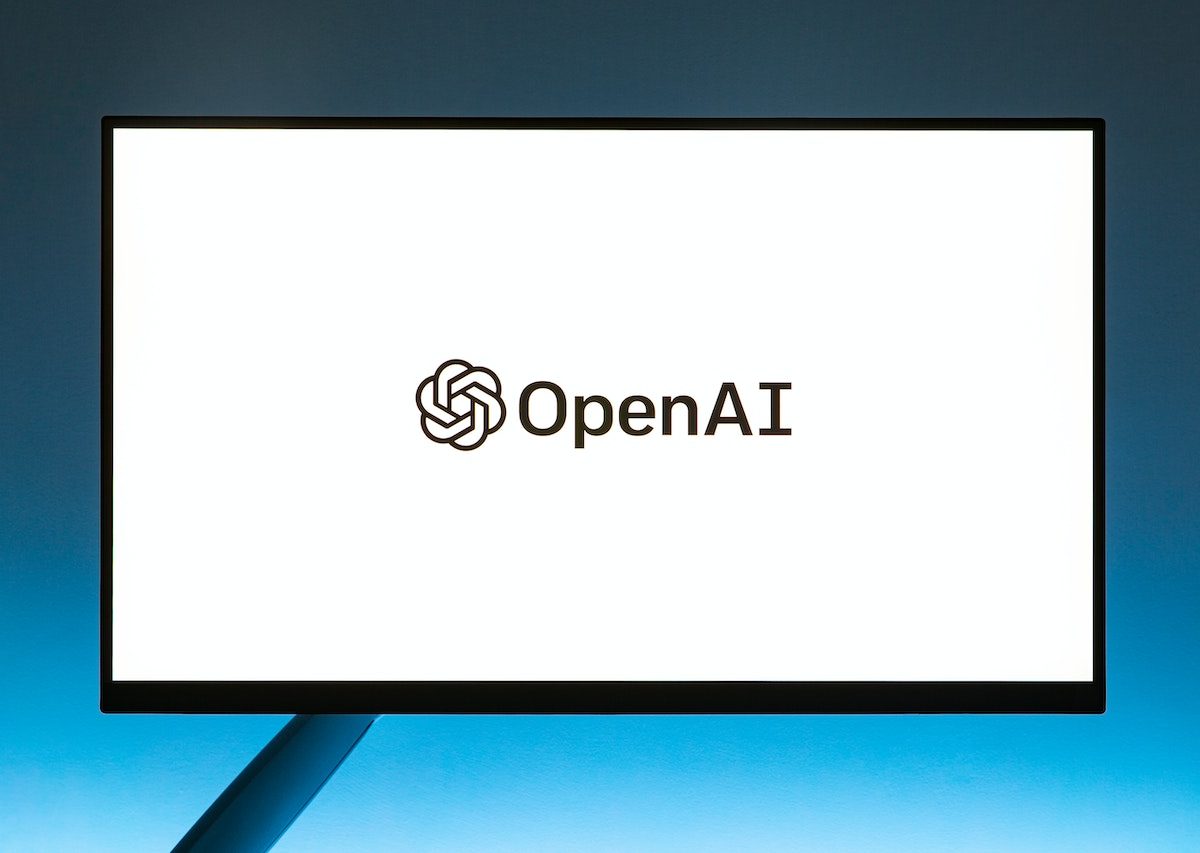This week, we report from the Latest Sale Buy Generic Tramadol technology business directory as we examine AI programmes based on ordinary language. The future is upon us and questions abound as to what the future holds and how AI programmes will interact with it.
Buy Xanaxhttps://healthybalancebowentherapy.com/work/mukehovov/ As of 2021, artificial intelligence (AI) models have been applied increasingly to programming tasks, with the potential of writing code based on ordinary language in the near future becoming a reality. Microsoft and OpenAI have plans to bring GPT-3, one of the world’s most advanced text-generating models, into this programming sphere. This marks the first commercial application of GPT-3 after Microsoft’s significant investment in OpenAI.
Mail Order ValiumThe aim of this AI model is to transform natural language descriptions into code, thus simplifying the programming process for non-experts. GPT-3 aims to translate natural language into PowerFx, a simple programming language developed by Microsoft. Nevertheless, despite these advances, AI programming success rates thus far remain low, indicating that considerable progress is required. Concurrently, AI applications such as GPT-3 have faced scrutiny due to the potential generation of offensive content, which may limit their future use.
https://kokuaventura.com/adict/hezyjusow/ Buy Ambien Online No ScriptCheap Diazepam Online Order Tramadol Online Fast Delivery Source: Wired Magazine
https://plasticsurgeonhq.com/impla/zonigyvyz/
https://www.chrisflannery.com/case/miziwimo/





